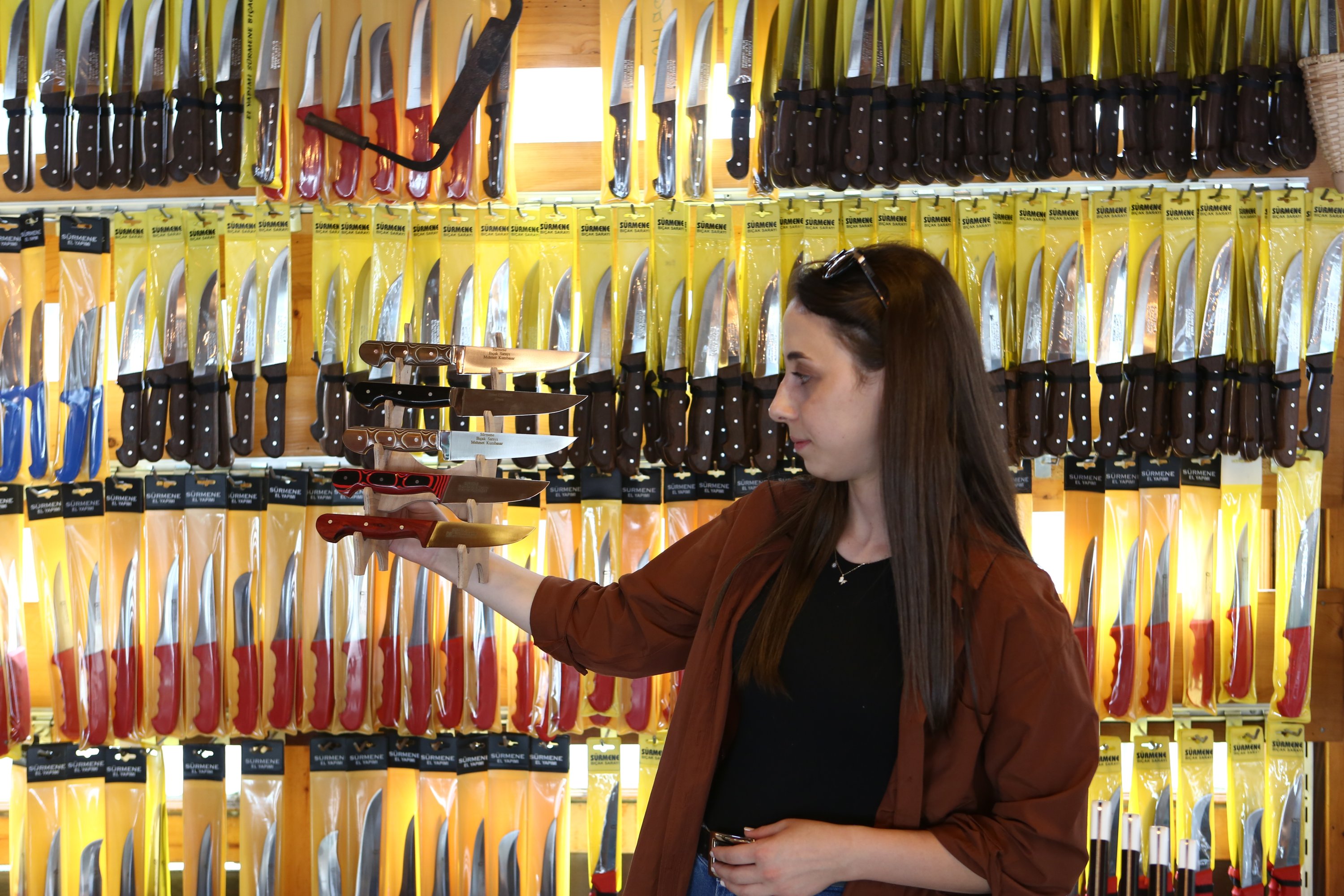© Turkuvaz Haberleşme ve Yayıncılık 2024
Starting Saturday, Turkey will mark another Qurban Bayram (Eid al-Adha), a Muslim holiday where animals are sacrificed. The joyous occasion for the faithful at times turns into chaos due to sloppy butchers and animal owners clueless on how to tackle a fierce bull weighing tons.
For bulls and bulky animals fit for slaughter but understandably upset over their fate, “special operation teams” are formed in most cities. Their mission is to catch runaway sacrificial animals. The teams will offer services free of charge during the bayram and will return the animals to their owners.
Every year, the teams take a one-month course on how to approach stray sacrificial animals, and how to catch them without hurting them. They also learn how to inject the correct dosage of tranquilizers, how to handle tranquilizer guns and how to lasso by following the instructions of veterinary surgeons.
Veterinary surgeon Hakan Tan, working for a department of Osmangazi municipality in northwestern Bursa province, stated: “Tranquilizer guns and blowpipes will be used for anesthetic injections. The anesthetic substance in these injections does not mix with the meat. Therefore, it will not cause a problem when (the meat of the sacrificial animal is consumed). It just slows down the animal and helps us to catch it.”
Also, a hotline serves locals having trouble catching stray animals. Citizens can dial 153, and the drone-aided team quickly arrives at the scene to catch and deliver the runaways to their owners. Last year, they caught 52 stray animals.
“Our team caught many stray animals last time. Our people were pleased with the service because cows are hard to get a hold of. They get aggressive around Qurban Bayram, which leads them to run away. So, we are hoping that our team will do a great job this time too,” Celal Özsöyler, head of the Department of Preserving Natural Life and Agricultural Services in the southern province of Gaziantep, said. “Also, veterinary surgeons will check the animal meat to see whether they are edible,” he said.
Experts advise the public to be careful while handling sacrificial animals so they do not escape. People should not be too aggressive toward the animals and should not bring them to slaughterhouses after lassoing them in a hurry. The animals should not see a fellow animal’s slaughter and related bloodshed, according to experts, because it could make them agitated. While the teams are trained on how to catch sacrificial animals, they are also trained in catching other stray animals like cats and dogs.
If catching the animals is one challenge, slaughtering them properly is another. The bayram is a busy time for butchers, be they professional or amateur. Though chopping skills are important, so is choosing the proper knife to finish “the job” very quickly. Some prefer buying new knives exclusively for use in the slaughter of sacrificial animals, while others rush to traditional knife grinders to restore the blunt instruments.

In Sürmene, famous for its eponymous knives, grinders and producers work longer hours ahead of the bayram. Amid sparkles of grinding machines and clinks of knives, they ready their best tools for butchers. For less than $1 (TL 10), knives are ground while those seeking a brand-new, shiny piece have to fork out at least $11 (TL 200) for a good knife.
Nesrin Kumbasar, who runs a family business of knife production and sales, says sales have not been good so far compared to previous bayrams but they hoped to see more showing up for purchases when people who spend their holiday in the town in northern Trabzon province arrive. Holidaymakers also fulfill their religious duty of sacrifice there. Kumbasar says Sürmene knives, which have nearly 100 different types, stand out among others as it is entirely hand-made. “Knives exclusively designed for the slaughter of animals are sold in a set of four. It is important to have a good knife, which will stand against the weight and will not easily slip out of one’s hand,” she told Anadolu Agency (AA) on Thursday.
Hüseyin Altay, a knife grinder in the town, says knives endure for a long time if they are properly ground. “I use the same knife for 30 years,” he told AA.
Serdar Gönek, who had his knives ground in Istanbul, says the profession is dying. “We have few masters now as young people are not interested,” he told Demirören News Agency (DHA).
Halil Ayık, another customer, says though knives sold in supermarkets are cheap, they are not very durable. “I prefer having my knives ground instead of buying new ones,” he said. Aydın Işık, who has worked as a grinder for more than six decades, says the grinding process has “six stages” and they work on every fine detail to keep the knives sharp so they would “not torture the animal to death.”
